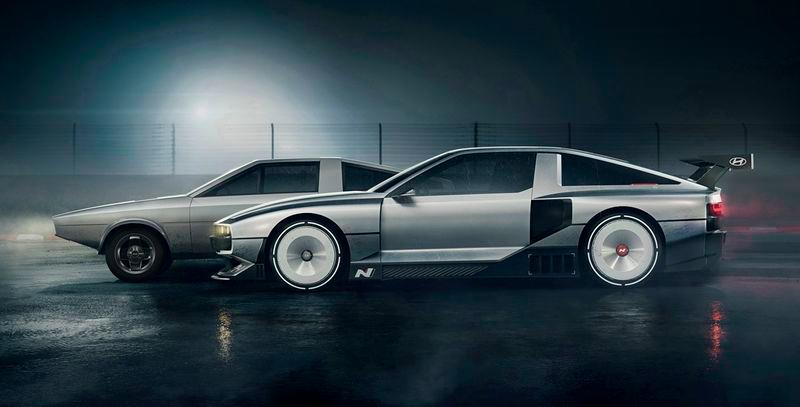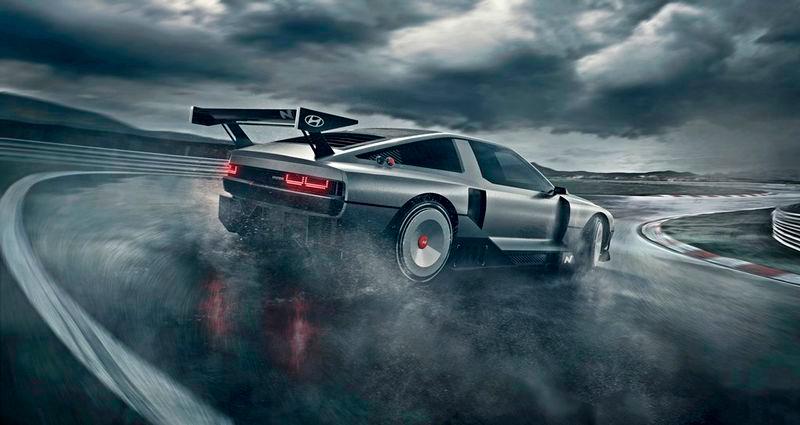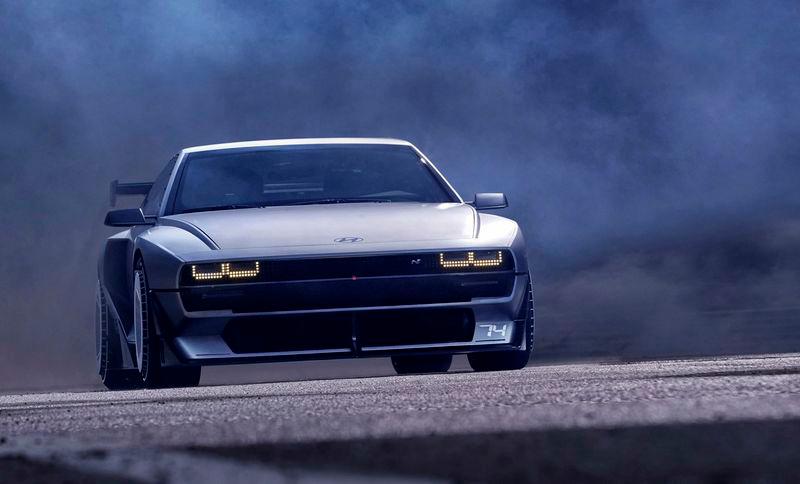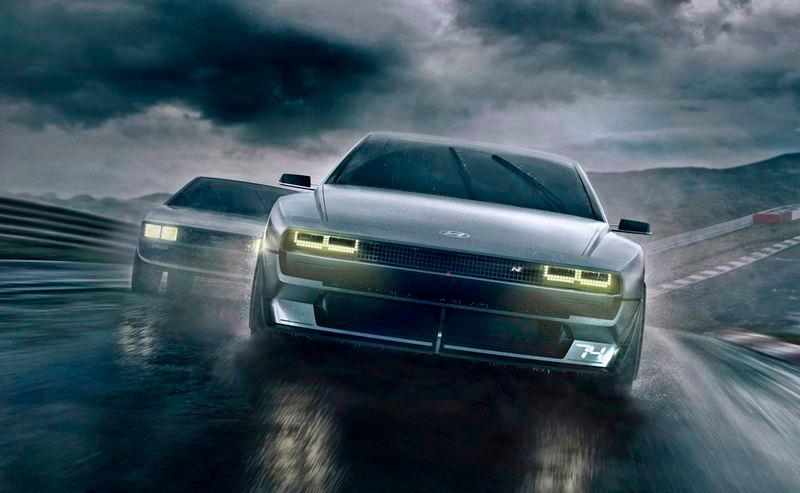Hyundai Motor Group is pushing the boundaries of automotive innovation, especially with electrification, hybrid, and hydrogen-powered vehicles at the core of its future strategy. While many traditional car manufacturers are cautiously advancing in these areas, Hyundai’s recent 2024 CEO Investor Day presentation showcases its bold plans, particularly with its thrilling N Vision 74 concept. This concept, a hydrogen hybrid sports car, will become a production model, signalling Hyundai’s commitment to groundbreaking technology.

The N Vision 74 concept made its debut two years ago with Hyundai President and CEO Jae Hoon Chang taking it for a spin at the Nürburgring racetrack. The car’s design takes inspiration from the 1974 Hyundai Pony Coupe, designed by the legendary Giorgetto Giugiaro. Despite the retro nod, the N Vision 74 boasts a modern aesthetic with sharp lines, a large rear spoiler, and digital lighting reminiscent of the Ioniq 5. However, the car’s real innovation lies in its unique powertrain.
The N Vision 74 is a hydrogen hybrid, featuring both a hydrogen fuel-cell system and a battery-electric drivetrain. At the rear, it has an 800-volt all-electric powertrain with dual motors delivering a total of 670hp and 900Nm of torque, all sent to the rear wheels. This configuration makes it a potential “drift monster” and ensures high performance with a top speed of 249km/h and acceleration from 0-100km/h in just four seconds. A 62.4 kWh battery pack powers the electric motors, which can be recharged for use as a typical EV.

At the front, the car houses an 85 kW hydrogen fuel cell stack. The hydrogen is stored in two tanks at the rear, which can be refilled in just five minutes and offer a combined range of 599km. Hyundai has equipped the car with separate cooling systems for the fuel cells, battery, and electric motors to manage the heat produced during operation.

Though the name and exact release date of the production version are still under wraps, the N Vision 74 will be one of 21 new models Hyundai plans to introduce by 2030. This reflects the automaker’s belief in hydrogen technology, despite its challenges with infrastructure and adoption, and positions Hyundai as a leader in both battery and hydrogen EV innovation.









